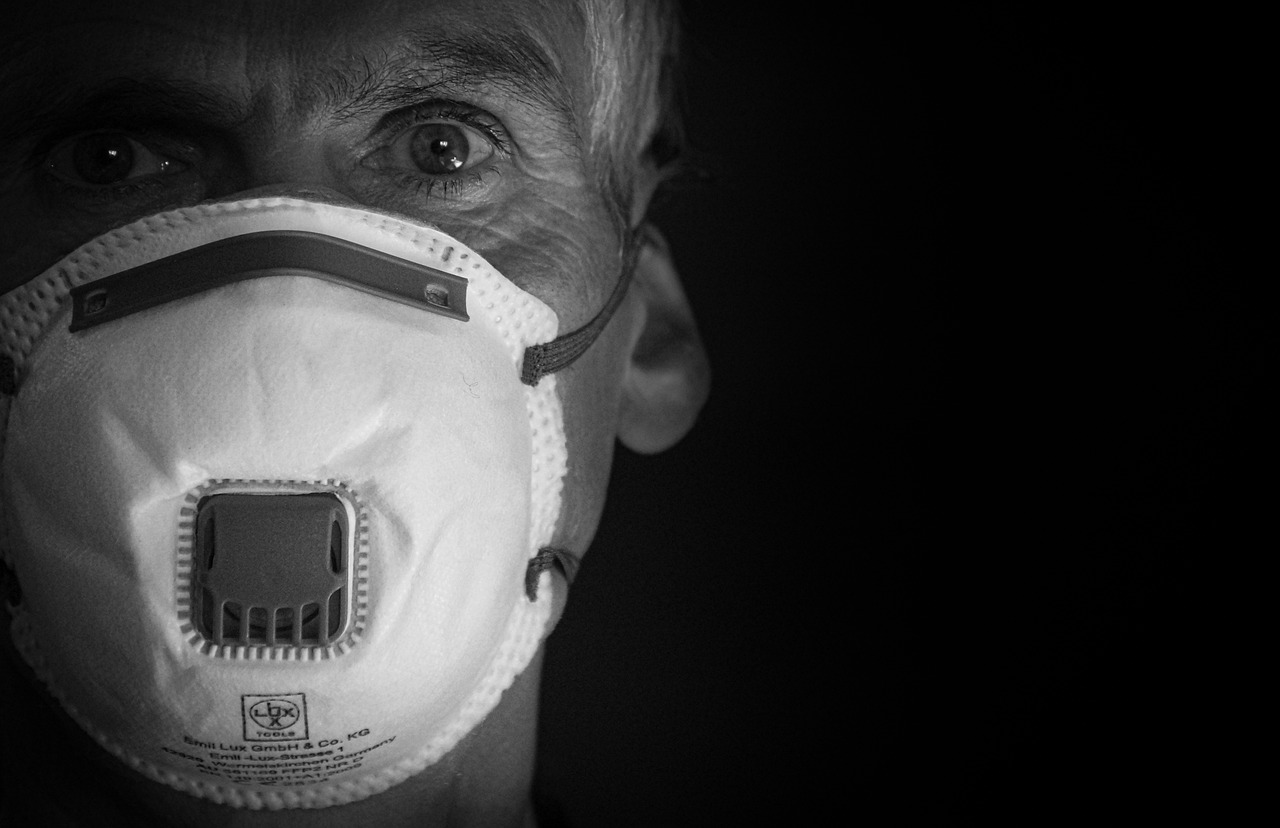Taking care of our beloved pets is a top priority for any responsible owner. From playful puppies to senior cats, animals enrich our lives in countless ways, and ensuring their health and well-being is crucial. Understanding the importance of comprehensive veterinary care, including preventative measures, regular check-ups, and prompt treatment for illnesses, is essential for providing our furry, feathered, or scaled companions with the long, happy, and healthy lives they deserve.
The Importance of Preventative Veterinary Care
Preventative care is the cornerstone of a healthy life for your pet. It focuses on preventing diseases and detecting potential health issues early, when treatment is often more effective and less costly.
Vaccinations and Parasite Control
- Vaccinations: These are crucial for protecting your pet from a variety of infectious diseases. Common vaccinations for dogs include rabies, distemper, parvovirus, and adenovirus. Cats typically receive vaccinations against rabies, feline viral rhinotracheitis, calicivirus, and panleukopenia.
Example: Consult with your veterinarian to determine the appropriate vaccination schedule based on your pet’s age, lifestyle, and risk factors.
- Parasite Control: Regular parasite control is essential to prevent heartworm, fleas, ticks, and intestinal worms. These parasites can cause significant health problems and even be life-threatening.
Example: Your vet can recommend appropriate flea and tick prevention medications based on your pet’s weight and lifestyle. Heartworm prevention is typically a monthly medication.
Regular Check-ups and Screening
- Physical Examinations: Annual or bi-annual check-ups allow your veterinarian to assess your pet’s overall health, identify any potential problems, and discuss any concerns you may have.
Example: During a physical exam, your vet will check your pet’s weight, temperature, heart rate, respiratory rate, and examine their eyes, ears, mouth, and skin.
- Bloodwork and Diagnostic Testing: Blood tests, urine tests, and other diagnostic screenings can help detect underlying health issues before they become serious. These tests can identify early signs of kidney disease, liver disease, diabetes, and other conditions.
Example: A senior pet might benefit from more frequent bloodwork to monitor kidney and liver function.
Nutrition and Weight Management
Proper nutrition and weight management play a vital role in your pet’s overall health and longevity. Obesity is a common problem in pets, leading to a range of health issues.
Choosing the Right Food
- Age-Appropriate Food: Select a food formulated for your pet’s age and life stage (puppy, adult, senior). Puppies and kittens need food with higher calorie and nutrient content to support growth.
- Breed-Specific Considerations: Some breeds may have specific dietary needs or predispositions to certain health conditions that can be managed through diet.
Example: Large-breed puppies benefit from food with controlled calcium and phosphorus levels to prevent skeletal problems.
- Ingredients and Quality: Look for foods with high-quality ingredients, including a named meat source as the primary ingredient. Avoid foods with excessive fillers, artificial colors, and preservatives.
Weight Management Strategies
- Portion Control: Feed your pet measured portions based on their ideal weight and activity level. Avoid free-feeding, which can lead to overeating.
- Regular Exercise: Provide your pet with regular exercise to burn calories and maintain a healthy weight. The amount of exercise needed will vary depending on the breed, age, and activity level of your pet.
- Healthy Treats: Limit treats and choose healthy options, such as fruits, vegetables, or low-calorie treats designed for pets.
Example: Use carrots or green beans as low-calorie snacks for your dog.
Dental Care for Pets
Dental health is often overlooked but is crucial for your pet’s overall well-being. Poor dental hygiene can lead to periodontal disease, which can cause pain, tooth loss, and even damage to organs like the heart and kidneys.
At-Home Dental Care
- Brushing Your Pet’s Teeth: Regularly brushing your pet’s teeth is the best way to prevent plaque and tartar buildup. Use a pet-specific toothbrush and toothpaste.
Example: Start by gradually introducing your pet to the toothbrush and toothpaste. Begin with just a few teeth at a time and reward them with praise or a treat.
- Dental Chews and Toys: Dental chews and toys can help remove plaque and tartar as your pet chews.
Example: Look for dental chews that are specifically designed to clean teeth and massage gums.
Professional Dental Cleanings
- Anesthesia and Scaling: Your veterinarian can perform professional dental cleanings under anesthesia to remove plaque and tartar from above and below the gum line.
- Dental X-rays: Dental x-rays can help identify problems that are not visible during a visual examination, such as bone loss or tooth root abscesses.
* Example: Professional dental cleanings are typically recommended annually or bi-annually, depending on your pet’s individual needs.
Recognizing and Responding to Pet Emergencies
Knowing how to recognize and respond to pet emergencies can save your pet’s life.
Common Pet Emergencies
- Difficulty Breathing: Signs of respiratory distress include rapid breathing, labored breathing, coughing, and blue gums.
- Trauma: Injuries from car accidents, falls, or fights with other animals require immediate veterinary attention.
- Poisoning: Suspected poisoning from ingesting toxic substances requires immediate veterinary care. Common toxins include chocolate, antifreeze, and certain medications.
- Seizures: Seizures can be caused by a variety of factors and require veterinary evaluation.
- Severe Bleeding: Uncontrolled bleeding can be life-threatening. Apply pressure to the wound and seek veterinary care immediately.
What to Do in an Emergency
- Stay Calm: It’s important to remain calm and assess the situation.
- Contact Your Veterinarian: Call your veterinarian or a local emergency veterinary clinic immediately. Explain the situation and follow their instructions.
- Transport Your Pet Safely: If you need to transport your pet to the veterinary clinic, use a carrier or leash them securely. Avoid moving your pet if they have a suspected spinal injury.
- First Aid: Provide basic first aid as directed by your veterinarian, such as applying pressure to a wound or flushing the eyes with water.
Senior Pet Care
As pets age, they become more susceptible to certain health conditions. Senior pet care focuses on providing specialized care to maintain their comfort, quality of life, and overall health.
Common Health Issues in Senior Pets
- Arthritis: Joint pain and stiffness are common in senior pets.
- Kidney Disease: Kidney function can decline with age.
- Heart Disease: Heart conditions become more prevalent in older pets.
- Cancer: The risk of cancer increases with age.
- Cognitive Dysfunction: Senior pets may experience cognitive decline, similar to dementia in humans.
Adjusting Care for Senior Pets
- More Frequent Check-ups: Senior pets should have check-ups every six months to monitor their health and detect any potential problems early.
- Modified Diet: Senior pets may need a diet formulated for their age to support kidney function and maintain muscle mass.
- Comfortable Environment: Provide senior pets with a comfortable and supportive environment, including soft bedding and easy access to food and water.
- Pain Management: If your senior pet is experiencing pain, your veterinarian can recommend appropriate pain management strategies, such as medications, physical therapy, or acupuncture.
Conclusion
Providing comprehensive veterinary care is an investment in your pet’s health and happiness. By focusing on preventative care, nutrition, dental hygiene, emergency preparedness, and senior pet care, you can help your furry friend live a long, healthy, and fulfilling life by your side. Remember to consult with your veterinarian regularly to develop a personalized care plan that meets your pet’s unique needs.



